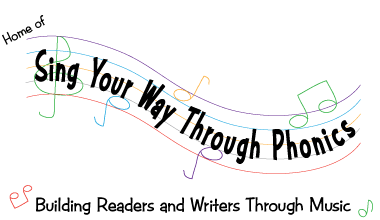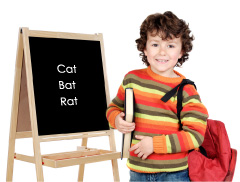Action Factor, Inc. presents the workshop for teachers and parents…

Reading Comprehension
Do We Really Teach It?
Presenter: Dr. Myrna R. Gifford
Workshop overview: There are many types and levels of reading comprehension. This workshop familiarizes educators with practices that help students develop practical comprehension strategies as they read for different purposes. In addition, educators will be guided in helping students self-monitor their own comprehension through meta-comprehension tools and meta-comprehension questions. Participants will engage in reading and responding to a wide variety of literature to promote comprehension at each level of Bloom’s Taxonomy of Cognition. The link between reading and writing will be explored in pre-reading, during reading, and post-reading activities.
Objectives of the presentation: Participants will become familiar with:
- several types of reading comprehension.
- major research findings in early reading comprehension.
- techniques for enhancing reading comprehension.
- matching purposes for reading with appropriate comprehension skills.
- assessment tools for different types of reading comprehension.
Format of the presentation: This is an interactive multi-media workshop with audience participation. Participants will engage in reading short fiction and non-fiction selections, practicing comprehension strategies with teammates. Through self-assessment and self-monitoring activities, participants will experience the role that students can play as they take responsibility for their own reading growth. Participants will construct several comprehension aids including graphic organizers and flip-books.
Target age group: Primary and intermediate grades
The target audience: Early childhood and middle childhood teachers, special educators, and administrators interested in improving the quality and effectiveness of their programs in developing effective and efficient readers.
Brief summary of content: Although there is no single accepted definition of reading comprehension, several theories of comprehension contribute to our understanding of reader response to literature. When readers become aware of their purpose for reading, they can begin to take an active role in their own aesthetic or efferent response. The development of direct links between reading and writing can enhance both processes as students use writing to clarify their own thinking, organize their thoughts, and focus on the outcome of their engagement with text. As students move from simple literal comprehension and memory toward higher levels of critical thinking, they can be guided by effective questioning strategies. Students can be taught to monitor and assess their own comprehension, modifying their reading strategies to address weaknesses in cognitive processing.
To request a customized workshop at your location, please use our online form.


